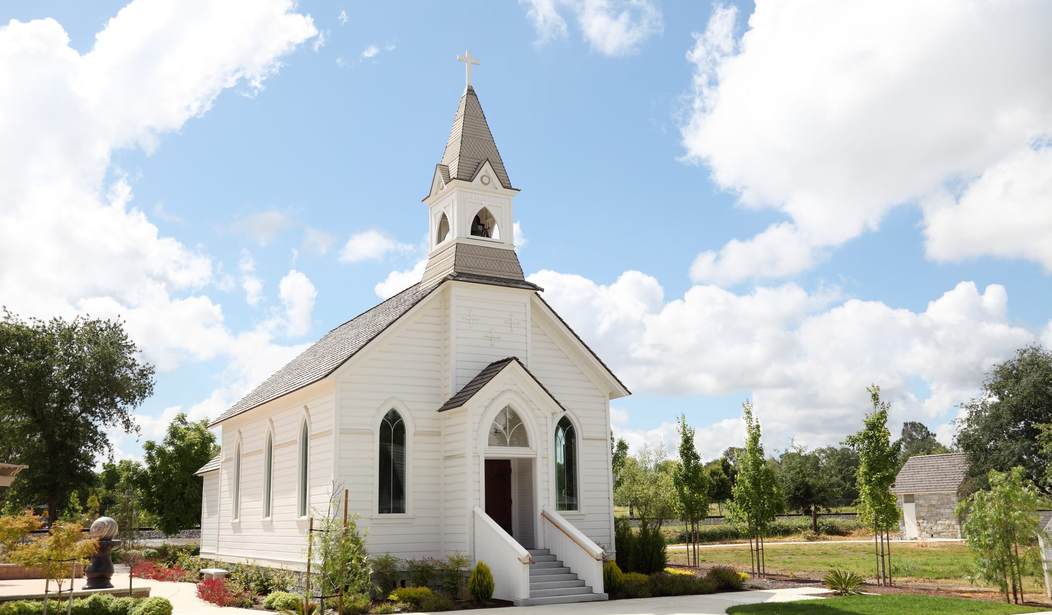As President Donald Trump declared a national emergency over the coronavirus, state and local governments have leaped into action, prohibiting large gatherings and in some cases even mobilizing the National Guard to combat the spread of the virus. Yet even in this time of crisis, Americans still have constitutional rights — and some governments have arguably already trampled on those rights.
In order to equip churches in this trying and confusing time, the religious freedom law firm First Liberty released an essential guidance document.
“Unlike other, voluntary restrictions self-imposed by organizations such as the NCAA or the NBA, state-mandated restrictions carry the power of law, violating them may lead to legal consequences,” the guidance notes.
First Liberty presents three important pieces of advice.
First, churches and other religious institutions “should continue to serve their local communities.” The guidance encourages churches to persist in “acts of mercy, providing shelter, or simply being a source of encouragement and peace in times of crisis,” carrying on a proud tradition of religious contributions to American life. Before worrying about asserting their rights, churches “should continue to be a source of strength through service to their local community, especially as their communities may be particularly burdened during this pandemic.”
Second, the guidance notes that “evenly applied restrictions may be permissible. The government may not substantially burden the free exercise of religion unless it has a compelling reason for doing so, and even then it must use the least burdensome approach that achieves that compelling interest. Temporary action to reduce the spread of a global pandemic is almost certainly a compelling reason, so long as the government is not treating religious institutions unfairly compared with how it treats other comparable gatherings.”
The government may not engage in religious discrimination by requiring that each religious service has no more than 250 persons, for example, but failing to prohibit the same for secular gatherings.
Finally, the First Liberty guidance notes that “extraordinary state action to limit the peaceful gathering of American citizens must be temporary. Permanent restrictions on the peaceful assembly of American citizens—and especially those gathered to exercise their religion— violate the U.S. Constitution and are not permissible.”
The government may use extraordinary measures to prevent the spread of the coronavirus, but those measures must be applied equally and they must be temporary. Churches should be on the lookout to make sure that their rights are not infringed.
However, churches and other religious institutions cannot be more focused on their rights than on their central calling. Churches best prove their value to society by serving others and by preaching the gospel. Indeed, the coronavirus should remind churches that the ancient Roman plagues in the 160s and 250s A.D. proved central to the rise of Christianity — because Christians, unlike their pagan neighbors, cared for the sick and dying, exposing themselves to the disease but also keeping people alive and forming closer social bonds. The important work of following Jesus’ example of charity — not asserting legal rights — enabled the church to grow by leaps and bounds.
Tyler O’Neil is the author of Making Hate Pay: The Corruption of the Southern Poverty Law Center. Follow him on Twitter at @Tyler2ONeil.









Join the conversation as a VIP Member